With the development of society and the progress of science, the application scope of tea is expanding. However, up to now, the main applications of tea are still in the fields of consumption and medicine, which are determined by the nutritional components and pharmacological functions of tea. Although there are certain differences between nutrition and pharmacological effects, both are considered beneficial for human health. It is truly a great benefit to obtain health benefits while enjoying the aroma of tea.
There are many records in ancient Chinese books about the connection between tea and traditional Chinese medicine, which shows that ancient people had an early understanding of the health benefits of tea. For example, in the "Tea Classic" written by Lu Yu in the Tang Dynasty, he quoted the "Shennong's Classic of Materia Medica" as saying, "Drinking tea for a long time makes people strong and happy."
In the "Food Theory" by Hua Tuo in the Three Kingdoms period, it is mentioned that bitter tea, when consumed for a long time, can benefit the mind. Zhang Hua in the Jin Dynasty, in his "Comprehensive Records of Things", said, "Drinking real tea makes people sleep less." During the Tang Dynasty, people already had a relatively widespread understanding of the medicinal value of tea. The famous pharmacist Chen Zangqi referred to tea as the "medicine for all diseases." Although this statement may be exaggerated, it is a fact that tea has a wide range of pharmacological components and effects. From the Tang Dynasty to the Qing Dynasty, nearly a hundred ancient books discussing the efficacy of tea can be collected. Among these numerous ancient books, some analyze the effects of tea, while others describe the diseases that tea can treat. If they are organized, it can be seen that the ancient people's understanding of the health benefits of tea mainly includes the following:
1. Calming the mind and relieving irritability: It has been mentioned in various ancient books that tea can calm the mind and relieve irritability.
2. Clearing the head and brightening the eyes: Many ancient books specifically mention that tea can clear the head and brighten the eyes.
3. Refreshing and waking up: Various ancient books mention that tea can help people sleep less or wake up from sleep.
4. Promoting digestion and relieving bloating: It has been mentioned in ancient books that tea can help with digestion and relieve bloating.
5. Sobering up and detoxifying: Tea has been mentioned in ancient books as a remedy for alcohol intoxication and as a detoxifier.
6. Promoting diuresis and relieving constipation: Ancient books mention that tea can promote diuresis and relieve constipation.
7. Dispersing wind and resolving external symptoms: Ancient books mention that tea can disperse wind and treat various external symptoms.
8. Moistening the mouth and quenching thirst: Tea has been mentioned in ancient books as a remedy for thirst and dry mouth.
9. Clearing the lungs and resolving phlegm: Tea has been mentioned in ancient books as a remedy for phlegm and to clear the lungs.
10. Reducing fat and losing weight: Tea has been mentioned in ancient books as a remedy for reducing fat and losing weight.
11. Clearing heat and detoxifying: Tea has been mentioned in ancient books as a remedy for clearing heat and detoxifying the body.
12. Healing wounds and treating fistula: Tea has been mentioned in ancient books as a remedy for healing wounds and treating fistula.
13. Treating dysentery and stopping diarrhea: Tea has been mentioned in ancient books as a remedy for treating dysentery and stopping diarrhea.
14. Cleansing the teeth and strengthening the teeth: Tea has been mentioned in ancient books as a remedy for cleansing and strengthening the teeth.
15. Treating hunger and promoting vitality: Tea has been mentioned in ancient books as a remedy for treating hunger and promoting vitality.
These are the main aspects of the ancient people's understanding of the health benefits of tea. Tea has been valued for its nutritional and medicinal properties for centuries, and its diverse effects on the human body have been recognized and appreciated.


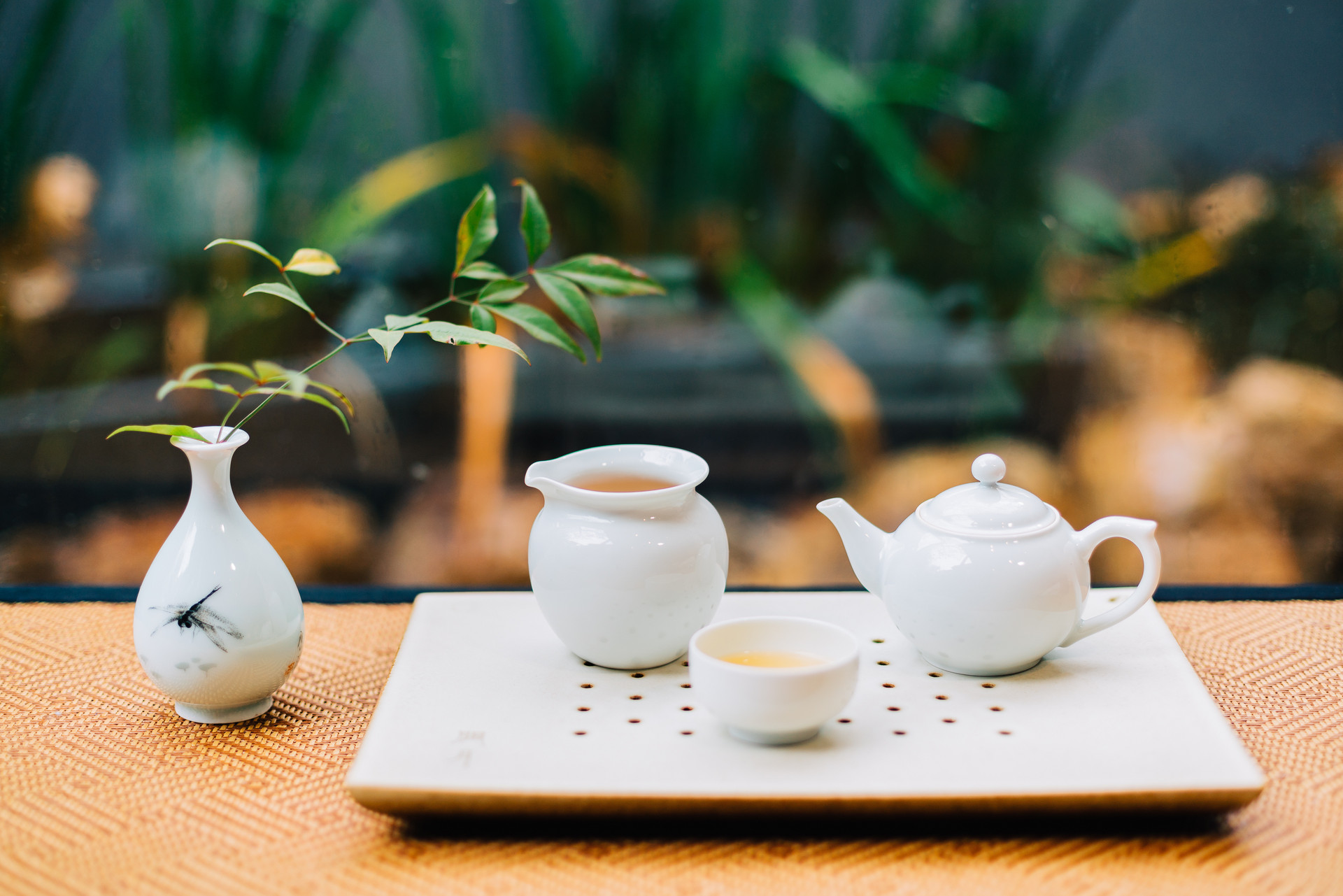


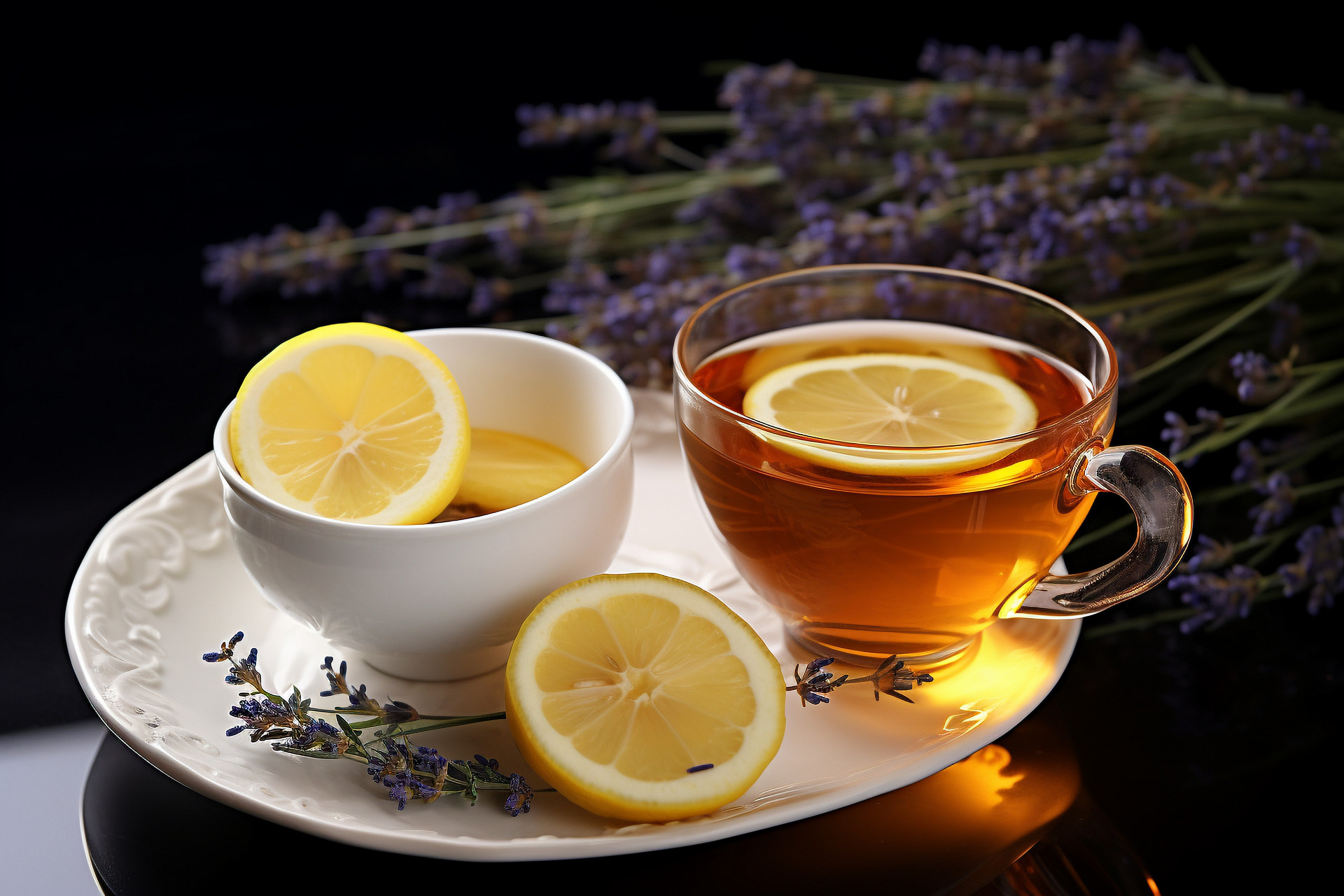
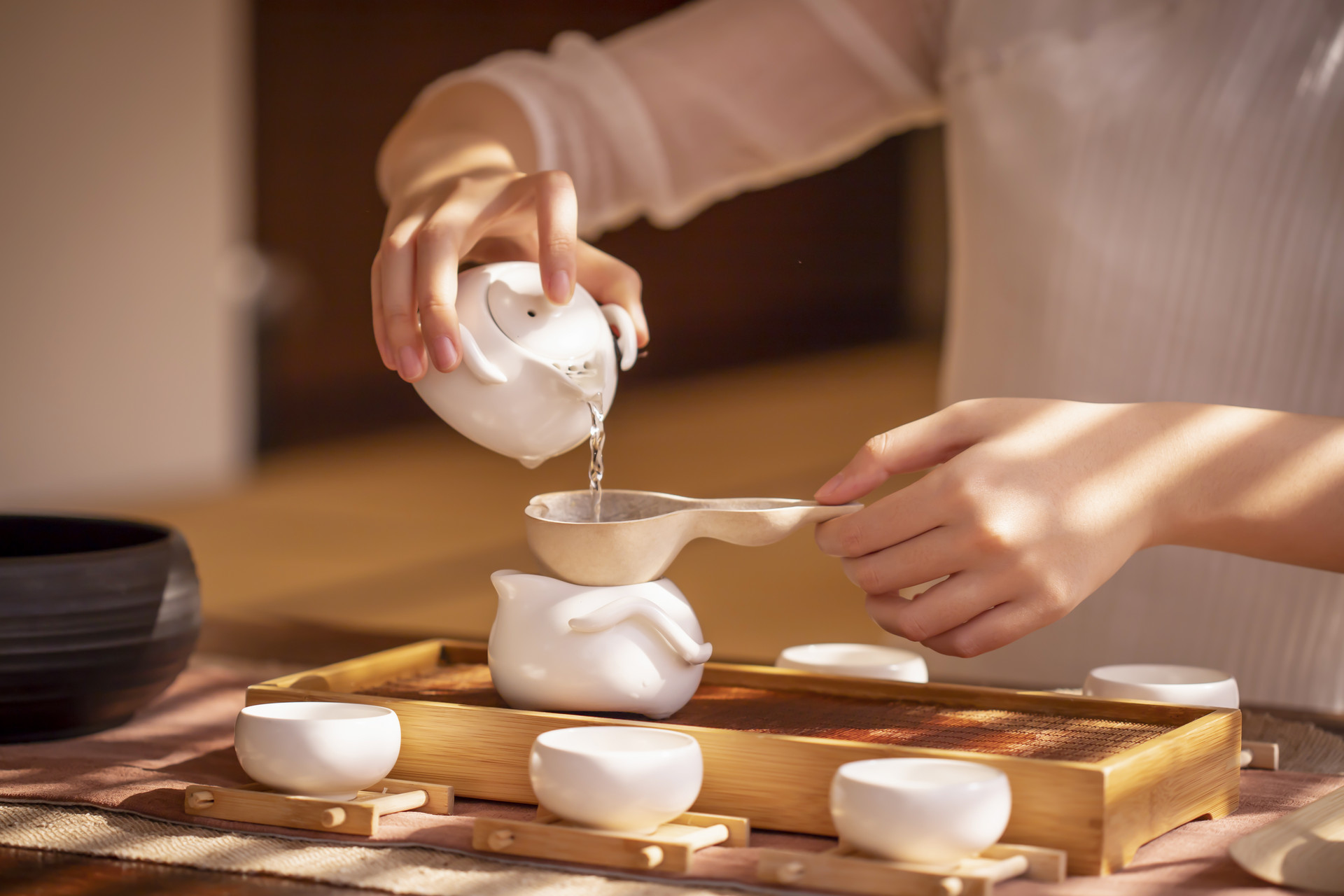


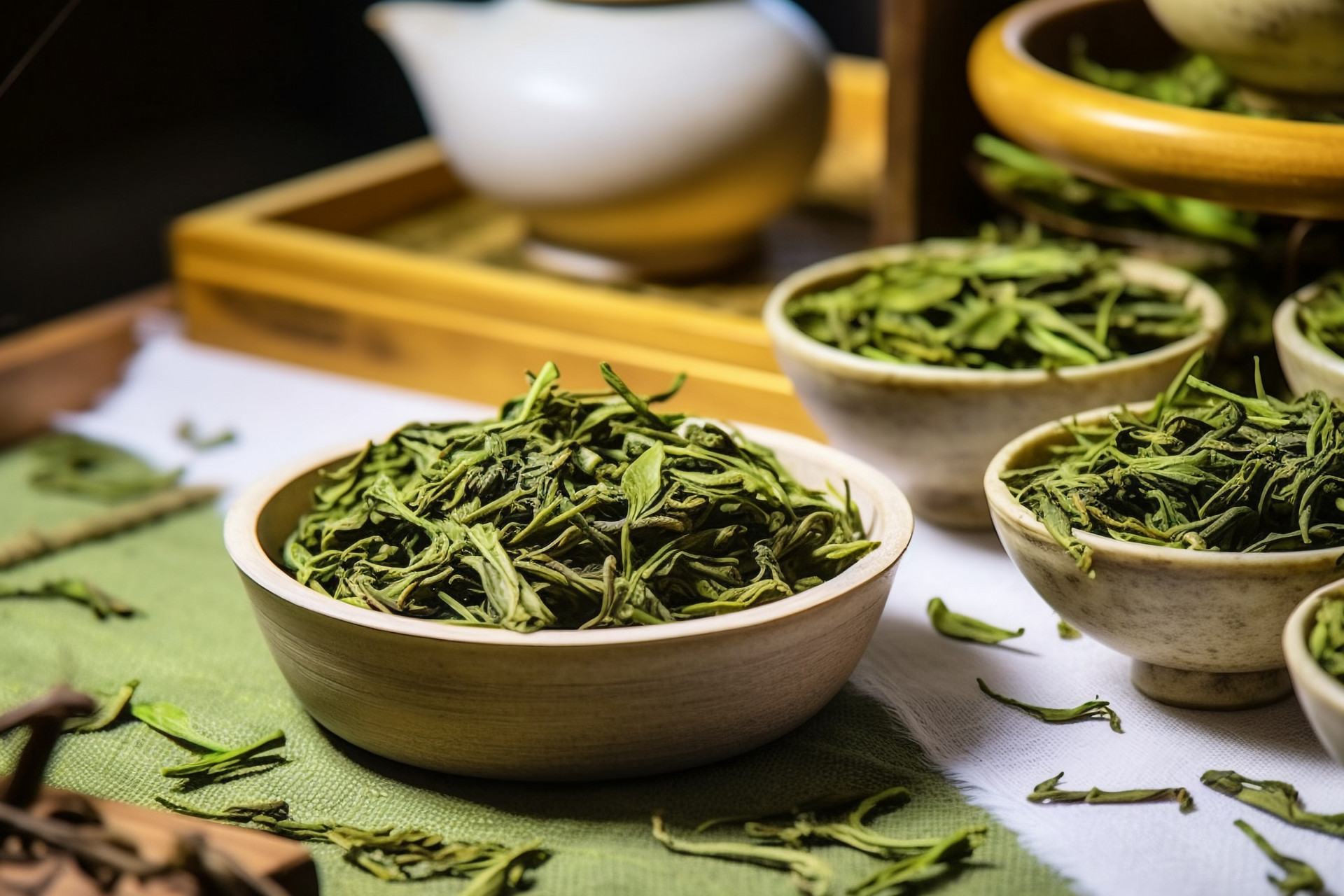
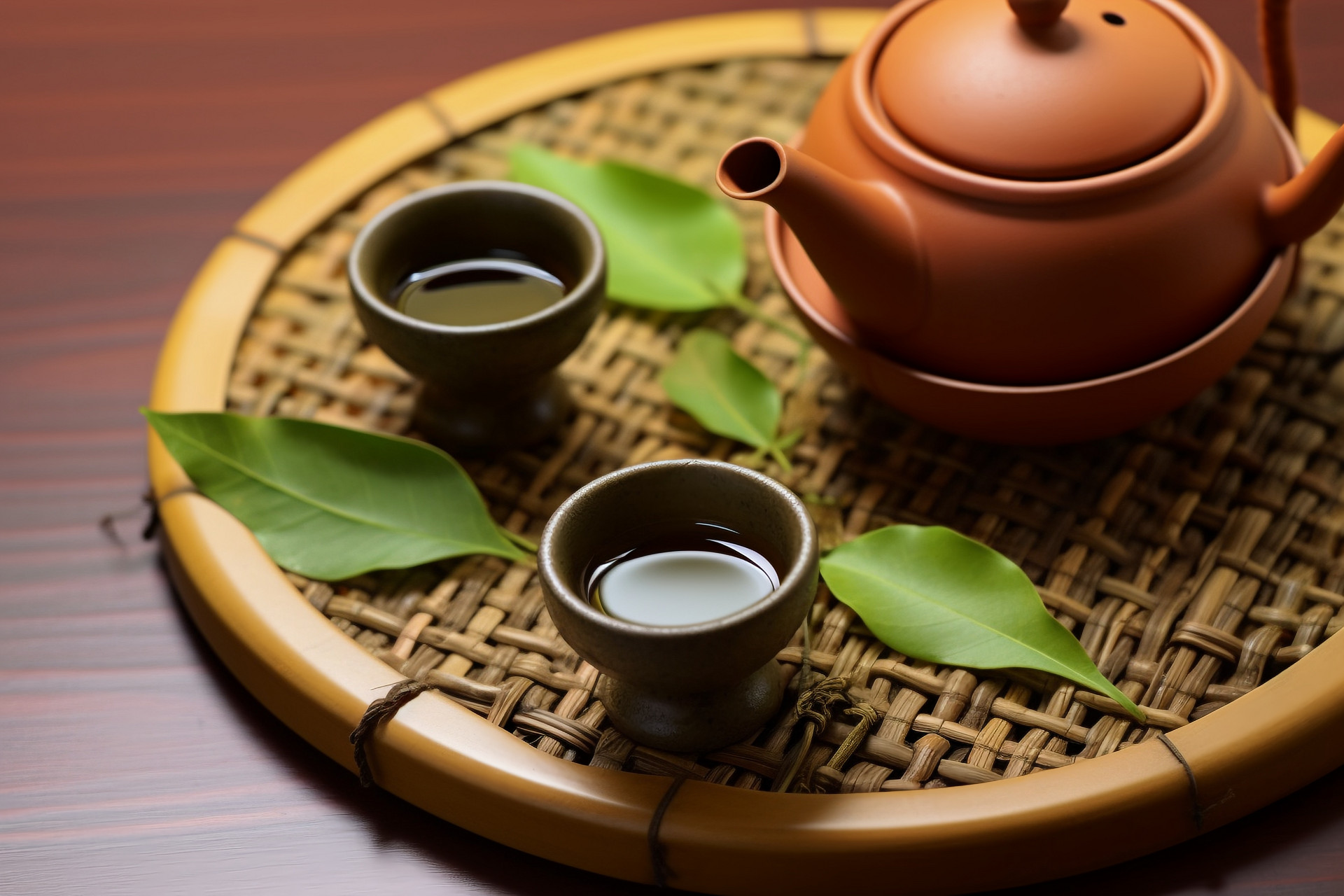
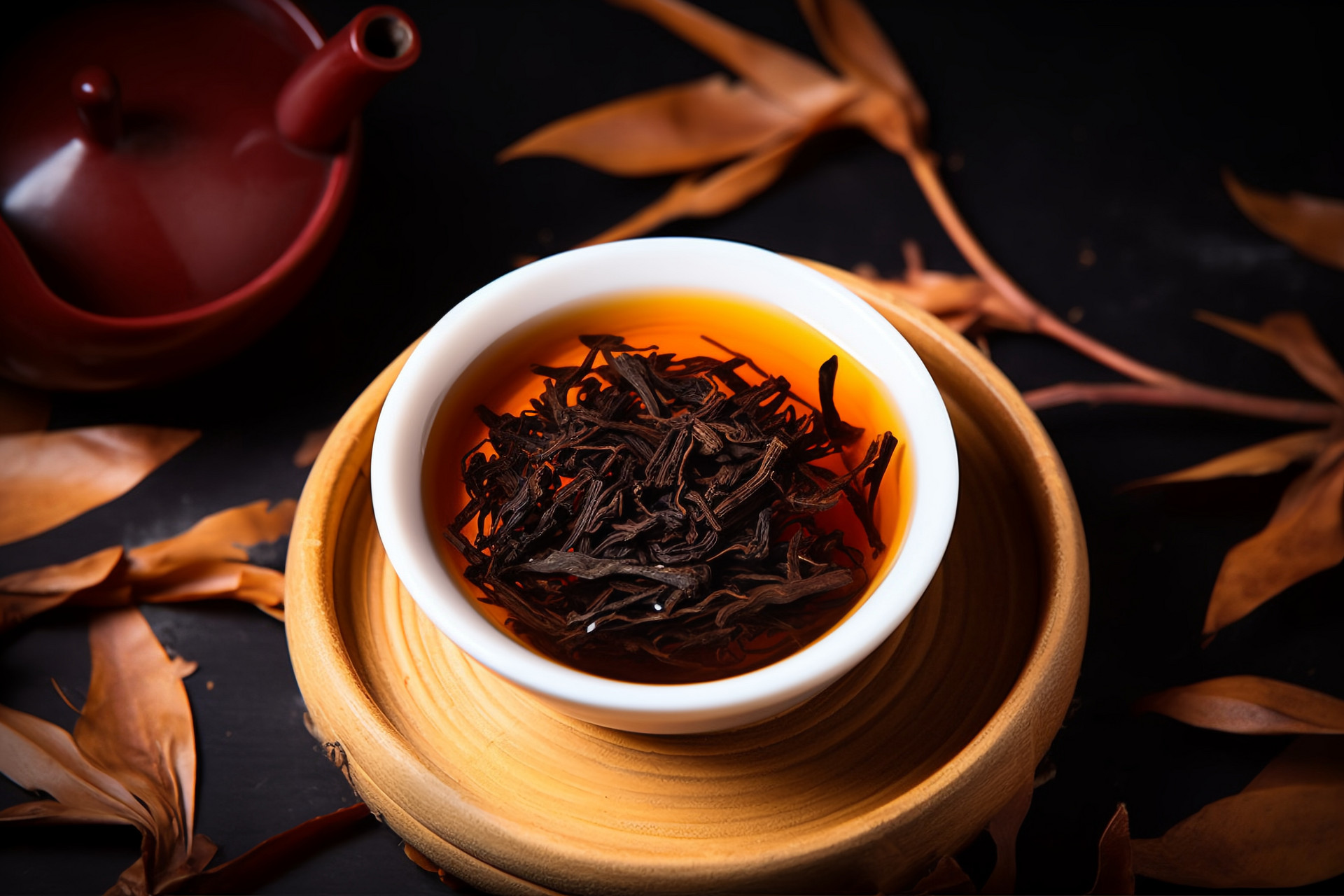
![[Herbal Wine Recipes for Health and Beauty]](https://tcmmaintenance.com/uploads/20240715/7241f6b6eafdaed88c28b26a37213964.jpg)